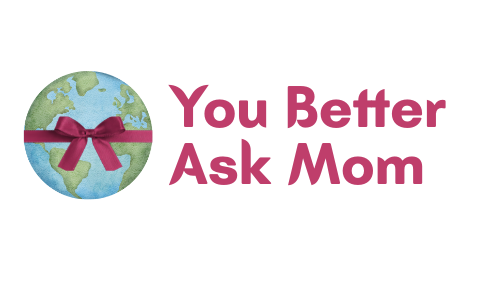
Breaking the Silence: Importance of Youth Mental Health Conversations
As parents, initiating conversations about youth mental health can feel daunting, but the necessity of these discussions cannot be overstated. Mental health challenges significantly affect adolescents, with recent studies revealing that nearly 87% of youth who experience major depressive episodes believe they should manage their struggles independently. This disturbing statistic underscores the need for open, honest dialogues.
Creating a Supportive Environment for Teen Dialogue
Begin the conversation by ensuring your child feels safe and comfortable expressing their feelings. Normalize discussions about mental health at home by sharing personal experiences or asking gentle, open-ended questions. Phrasing matters—encouraging phrases like, "I’m here to listen, no judgment here," can foster a trusting relationship. Moreover, becoming a role model by acknowledging one’s own emotional struggles can help teens feel less isolated and more willing to share their thoughts.
Addressing the Challenges of Communication
Many parents worry that bringing up mental health issues might make their child feel anxious or singled out. Nonetheless, avoiding the topic is more detrimental; transparency can lead to greater understanding and connectivity. Signs of mental health struggles can often be subtle and misinterpreted as typical teen behavior—heightened emotions and mood swings can be confusing.
Empowering Teens: Knowing Help is Available
It's essential to educate your child about the importance of seeking help. Parents play a vital role in teaching teens that asking for assistance is a demonstration of strength and not a weakness. By encouraging professional guidance when necessary, you contribute to breaking the stigma surrounding mental health. Start conversations about potential resources, such as counseling services available at school or local support groups.
Conclusion: Equip Your Child for Mental Health Challenges
Having frequent discussions about mental wellness not only aids in recognizing early signs of distress but also empowers your adolescent to voice concerns. By integrating these dialogues into everyday life, you're equipping them with the tools to navigate their emotional landscapes with confidence. Now is the time to reach out: foster those discussions and equip your child to face life’s challenges head-on.
 Add Row
Add Row  Add
Add 




Write A Comment